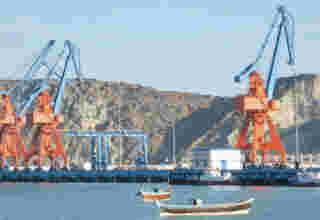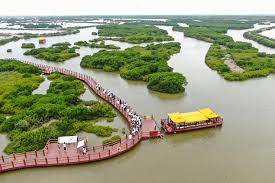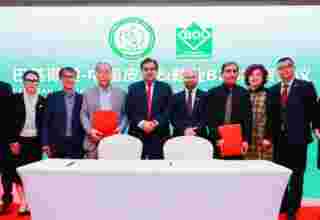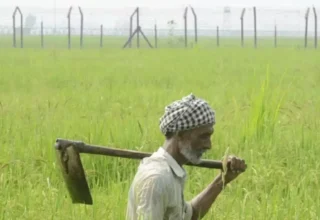ISLAMABAD, Oct 27 (INP-WealthPK): Speakers at an international conference on “Pakistan Water Week 2022” called for adopting innovative solutions to strengthen water governance and food security for a climate-resilient Pakistan.
The conference began with experts focusing on a range of conservation measures, such as Integrated Water Resources Management (IWRM), improving water governance, nature-based solutions, strengthening water and food security, technological innovation, and greater awareness raising for sustainable development in Pakistan.
The three-day conference is organised by the International Water Management Institute (IWMI), in collaboration with the Planning Commission, Pakistan Council of Research in Water Resources (PCRWR), CGIAR NEXUS Gains Initiative and the Ministry of Water Resources, with the theme “Role of Water-Energy-Food-Ecosystem (WEFE) Nexus for a Climate Resilient Pakistan.”
Prof Ahsan Iqbal, Federal Minister for Planning Development and Special Initiatives, speaking on the occasion, hoped “the second Pakistan Water Week moot will help the organizers, line departments and stakeholders in the formulation and shaping up of policies aiming at a climate resilient Pakistan.”
“The IWMI has great potential to lead us to achieve a water-secure Pakistan through sharing best scientific practices for the successful implementation of national policies on water, climate, and food security,” he said.
He added that there are clear opportunities to reduce the adverse impacts of climate change on poor rural communities and IWMI can play a significant role in this transformational journey.
“In the wake of the imminent water crisis and prevailing climate change impacts, this international conference will lead to devising a workable, inclusive and comprehensive guidance for developing sustainable land and water solutions in the Indus Basin,” the minister said.
Ahsan Iqbal said that for the country’s water and food security, the construction of two mega storage dams – Diamer Basha Dam and Mohmand Dam Hydropower project – has been started. These together with other small dams would add 10 million acre feet storage by 2030, he added.
He said that recently, Naulong Multipurpose Dam and Chashma Right Bank Canals have been approved by the Executive Committee of the National Economic Council, which together would bring 333,000 acres of barren land under cultivation, thus bringing socio-economic uplift in the project areas.
IWMI Deputy Director General Dr Rachael McDonnell said that the institute is transforming lives all over the world. He added that in Pakistan, their projects are having a significant impact, as they focus on water governance in Punjab, reduce constraints on the productive and sustainable use of water for agricultural production and Integrated Water Resource Management in Balochistan.
Due to the recent floods in Pakistan, he said IWMI is supporting the National Disaster Management Authority and the Punjab Disaster Management Authority with the development of a flood inundation map.
IWMI Country Representative, Pakistan and Regional Representative, Central Asia, Dr Mohsin Hafeez, called for improving water security in the wake of recent floods in Pakistan.
He said Pakistan received almost 400% more rainfall this year, which caught it unprepared. Over 1,600 lives have been lost and the economy has suffered damage worth billions of dollars. It is imperative that Pakistan adopts a Water-Energy-Food-Ecosystem Nexus approach to see things holistically, he added.
























